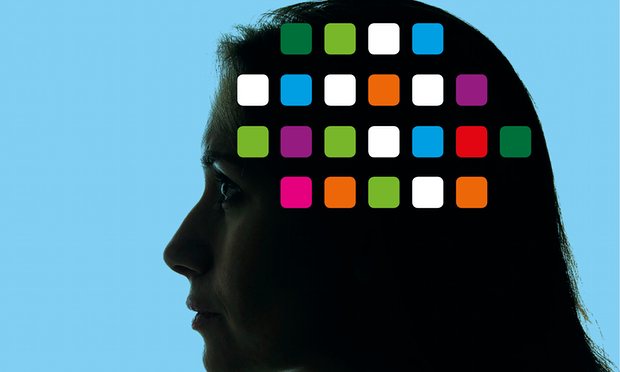
Privacy statement: Your privacy is very important to Us. Our company promises not to disclose your personal information to any external company with out your explicit permission.
Using a mobile app to solve mental health problems seems incredible, because some unusual gadgets and social tools are addictive and have been thought to increase teen depression. However, designers of smartphone apps and wearable devices, even NHS (the UK National Health Service), really want to use their mobile phones to do some soothing things. The author has compiled some new ideas from Amy Fleming, a well-known foreign technology commentator.
Have entered the field of emotional tracking
In fact, the idea of using digital methods (such as mobile phones, computers) to treat mental health is not new. PC-based Cognitive Behavioral Therapy (CBT) has been used to treat clinical depression for more than seven years, and with the popularity of mobile phones, the introduction of such services through smartphone applications will make this treatment easier. accept.
At the same time, there are currently more than 500 “mind” applications on the market, offering meditation scores, relaxation techniques and some suggestions for improving intelligence, not to mention that many fitness/self-optimizing applications have begun to enter the “emotional tracking” field. Everyone wants to catch up with this trend, Apple phones can now detect the user's breathing rhythm; Michael Acton Smith, who created the hot game "Nettle Monster", also began using this technology on his website.
If you open his "Dream" app, you will feel a calm atmosphere - the rain falls on the leaves, a mountain lake, these are happy. But we still doubt: Is relying more on mobile phones really helping us find peace?

Mental health app is useful
There is evidence that mental health applications are useful. Sleepio (a digital CBT program) announced that they will work to solve the problem of insomnia this summer, and they have now had a successful NHS "real world" trial, providing services through the "Manchester" feature. Self-help (a placebo randomized controlled trial) assesses user concerns, sleep time, lifestyle and bedroom conditions. The results showed that 98 participants improved their sleep and achieved a recovery rate of 68% of anxiety and depressive symptoms, which was much higher than the 45% average of NHS.
The app was developed by Peter Hames, who founded the National Health Insurance System Innovation and Colin Espie, a professor of sleep medicine at Oxford University. Colin Espie also manages more than 750,000 employees and manages the health systems of Comcast, LinkedIn, Boston Medical Center and Henry Ford. Sleepio's parent company Big Health recently received $120 million in funding and would like to further study the new mental health treatments that "exclude drug dependence."
February 13, 2023
November 06, 2021
Nippon Electric Co., Ltd. has listed an electric torque tester that combines the torque meter "TNX" series with the data management function test bench "DSP-10". By combining the...
Electric double eccentric butterfly valve cut off and throttling effect in the pipeline, electric double eccentric butterfly valve opening and closing pieces is a disc-shaped disc, rotating around...
In life, we often encounter accidents like this, for example, our tools are broken. If you buy a new one, it is a bit extravagant; if you let the professional repair it, it will be fine for people to...
This patent was applied by Beijing Hua Chong Long Run Environmental Technology Co., Ltd., and was authorized notice on March 15, 2017. Description of content The present invention relates to the...
Email to this supplier
February 13, 2023
November 06, 2021

Privacy statement: Your privacy is very important to Us. Our company promises not to disclose your personal information to any external company with out your explicit permission.

Fill in more information so that we can get in touch with you faster
Privacy statement: Your privacy is very important to Us. Our company promises not to disclose your personal information to any external company with out your explicit permission.